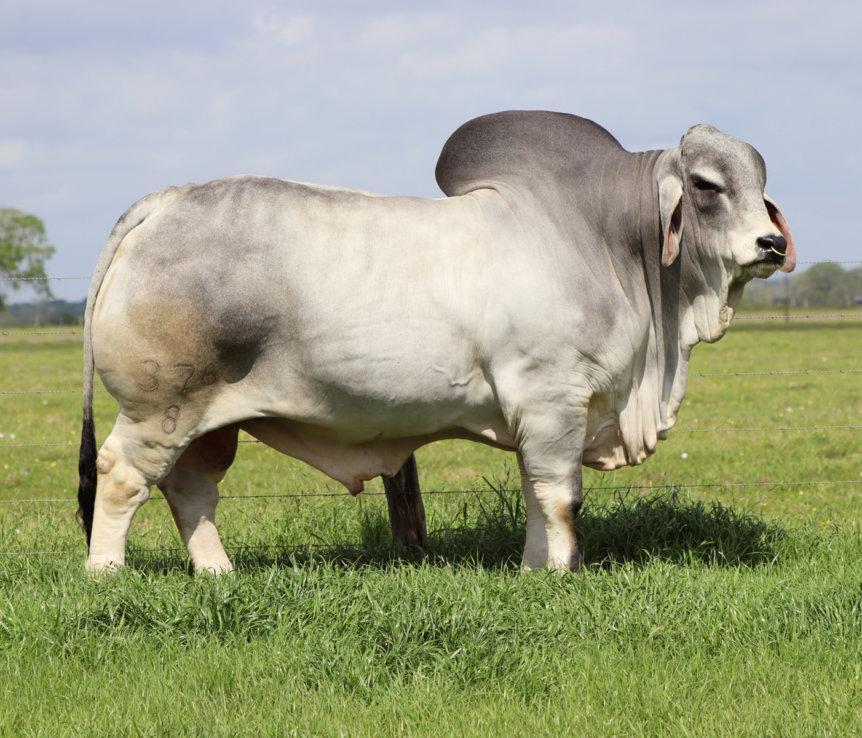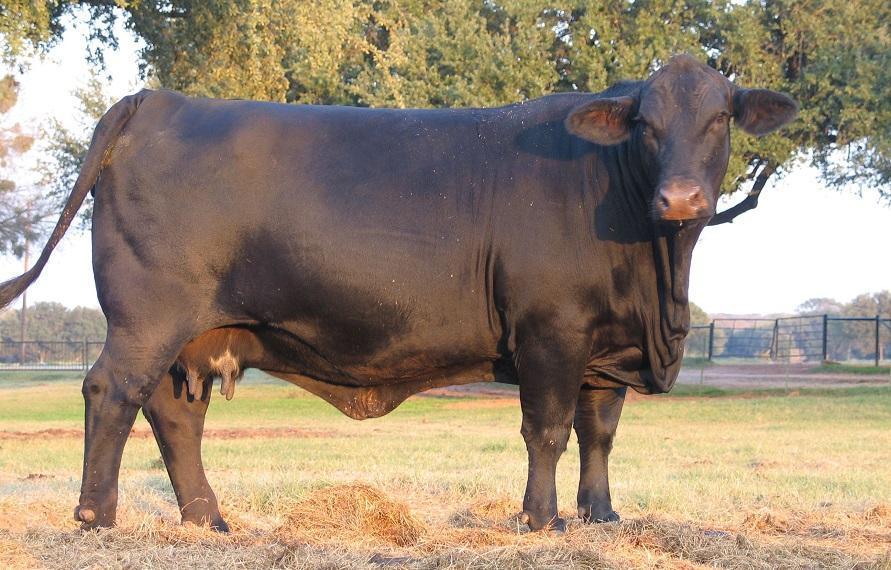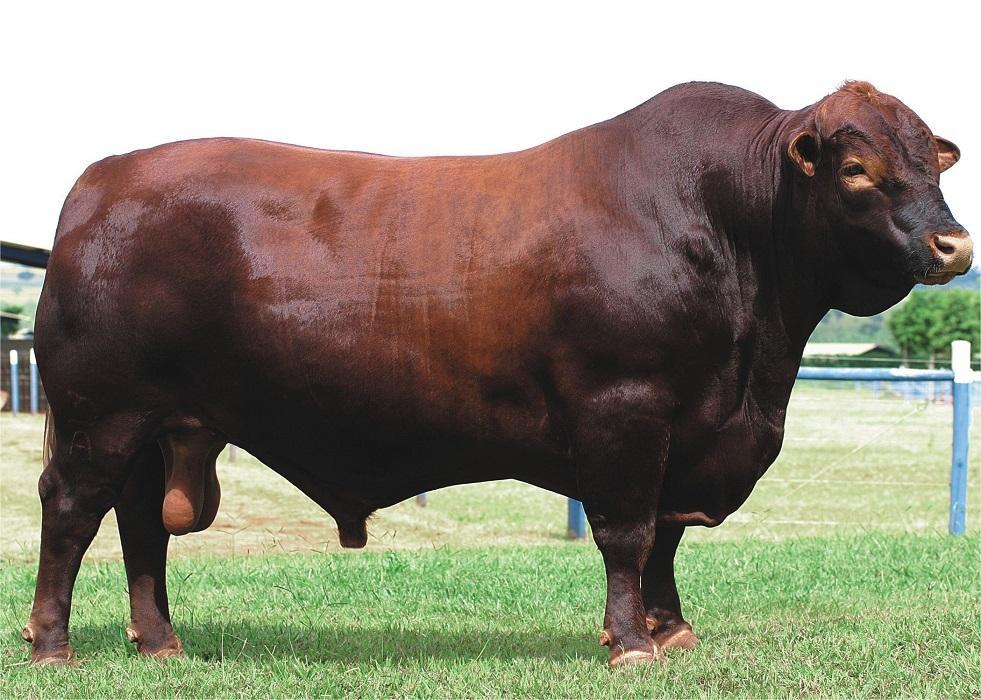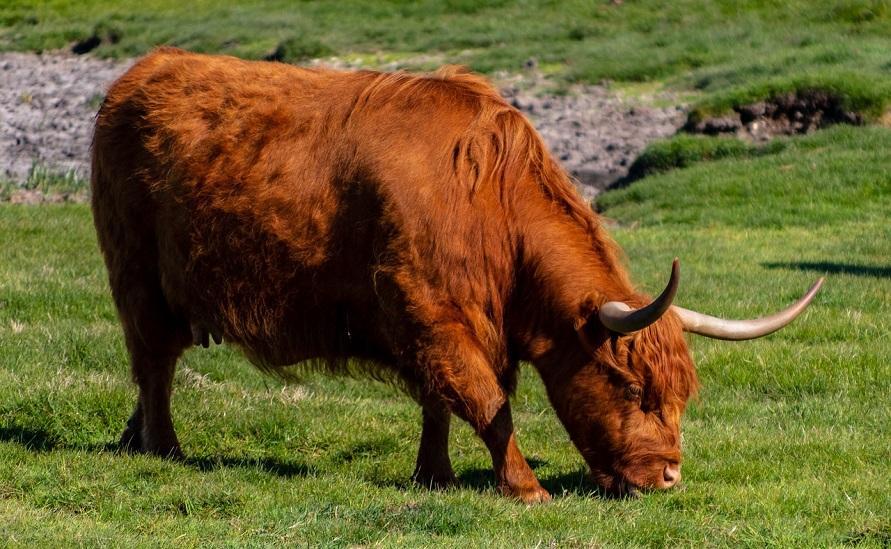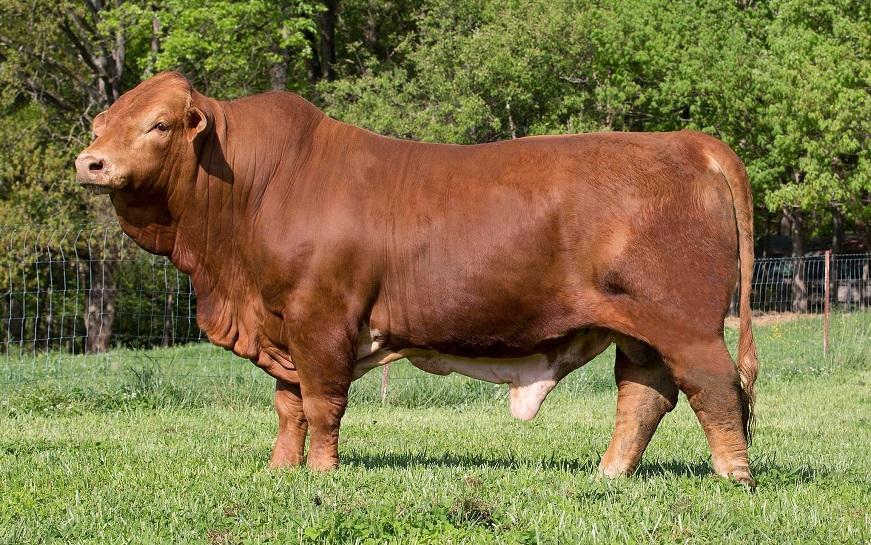Quiet Duck Breeds
Ducks are generally quiet birds, though there are notable exceptions, like the Call Duck, which is known for its persistent quacking. For those who want to keep a duck as a pet, choosing a quieter breed is advisable to avoid potential noise complaints from neighbors. Male ducks or drakes, in particular, are known for their softer, raspy vocalizations, which are significantly quieter than the quacks of their female counterparts. This distinction often makes them a preferable choice for backyards.
Characteristics of a Quiet Duck
Certain physical and behavioral characteristics may contribute to a duck breed being less likely to make noise. However, these traits generally apply to the breed, not to every individual duck.
- Smaller Size – Smaller ducks, weighing around 3-6 lbs, have smaller lung capacities and usually cannot quack as loudly. However, it does not necessarily mean that larger ducks can’t be quiet, as some of the largest breeds, like Silver Appleyard and Cayuga, are acknowledged as quiet breeds.
- Docile Nature – Calm breeds of ducks are usually less noisy, except when startled by foreign objects, which can prompt loud quacking.
- Foragers – Breeds that forage for food tend to be less noisy. If a duck is used to being fed by hand, it might quack in excitement every time it sees its owner.
List of Quiet Duck Breeds
Most quiet ducks are friendly towards humans, but the Muscovy is generally a bit more reserved.
| Breed | Size (in lbs) |
|---|---|
| Silver Appleyard | 8-9 |
| Buff Orpington | 7-8 |
| Cayuga | 7-8 |
| Crested | 6-7 |
| Khaki Campbell | 4-5 |
| Magpie | 4.5-7 |
| Muscovy | 6.6-15 |
| American Pekin | 9-10 |
| Indian Runner | 3-5 |
| Saxony | 7-8 |
| Swedish Blue | 6-8 |
| Welsh Harlequin | 5-6 |
FAQs
Ducks are usually at their loudest at night. To lower the chances of them making noise, they should be isolated in their enclosures, preferably away from any other animals residing on the same farm. Ducks are easily agitated and remain wary of potential predation. In addition, once the sun goes down, artificial light sources should be dimmed to prevent disorientation. Bright lights can disturb their sleep cycles as they may mistake them for daylight and cry out.
While both forms of poultry make noise, chickens, especially roosters, are the noisier of the two.
Quiet ducks that lay eggs well include Khaki Campbells, Indian Runners, and Cresteds. However, female ducks, essential for egg production, are generally noisier than drakes.


